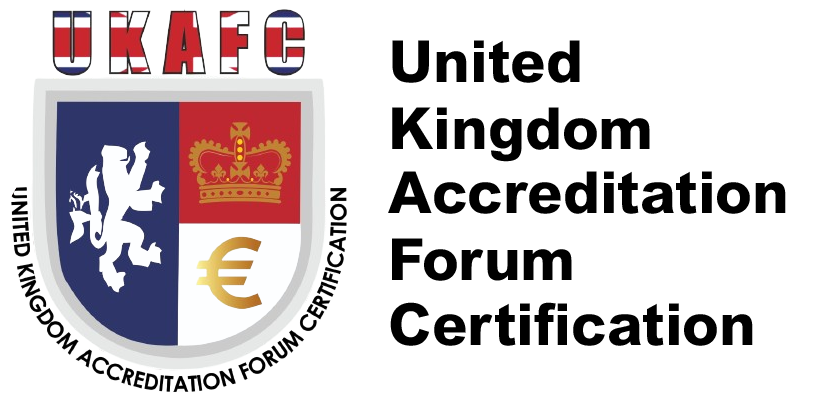Advantage of Accreditation
 Accreditation standards are commonly regarded as both optimal and achievable.
Accreditation standards are commonly regarded as both optimal and achievable.
 Accreditation signals an organization's tangible commitment to enhancing the quality of its products and/or services, ensuring a safe environment, and continually working to mitigate risks.
Accreditation signals an organization's tangible commitment to enhancing the quality of its products and/or services, ensuring a safe environment, and continually working to mitigate risks.
 Independent evaluations play a vital role in the success of the organization.
Independent evaluations play a vital role in the success of the organization.
 Accreditation has garnered global recognition as an effective tool for assessing and improving quality operations.
Accreditation has garnered global recognition as an effective tool for assessing and improving quality operations.
 Trust is paramount in both the market and public services. Consumers trust products and services, often without prior consideration, much like the rules and standards governing their production and delivery.
Trust is paramount in both the market and public services. Consumers trust products and services, often without prior consideration, much like the rules and standards governing their production and delivery.
 Following an esteemed path offers the advantage of a singular, transparent, and reproducible approach. Over time, this should enhance stability, leading to improved risk management. Simultaneously, it helps avoid the cost of reinventing the wheel, contributing to the establishment of an open and modernized governance.
Following an esteemed path offers the advantage of a singular, transparent, and reproducible approach. Over time, this should enhance stability, leading to improved risk management. Simultaneously, it helps avoid the cost of reinventing the wheel, contributing to the establishment of an open and modernized governance.
 Accreditation serves as an essential means of bolstering the credibility of public institutions or entities influencing public perception.
Accreditation serves as an essential means of bolstering the credibility of public institutions or entities influencing public perception.
 Companies opt for independent evaluations either voluntarily (for example, to mitigate the risk of product failure) or as a legal requirement (such as health and safety regulations).
Companies opt for independent evaluations either voluntarily (for example, to mitigate the risk of product failure) or as a legal requirement (such as health and safety regulations).
 These evaluations often encompass instrument calibration, product testing, equipment inspection, and quality management system assessments.
These evaluations often encompass instrument calibration, product testing, equipment inspection, and quality management system assessments.

